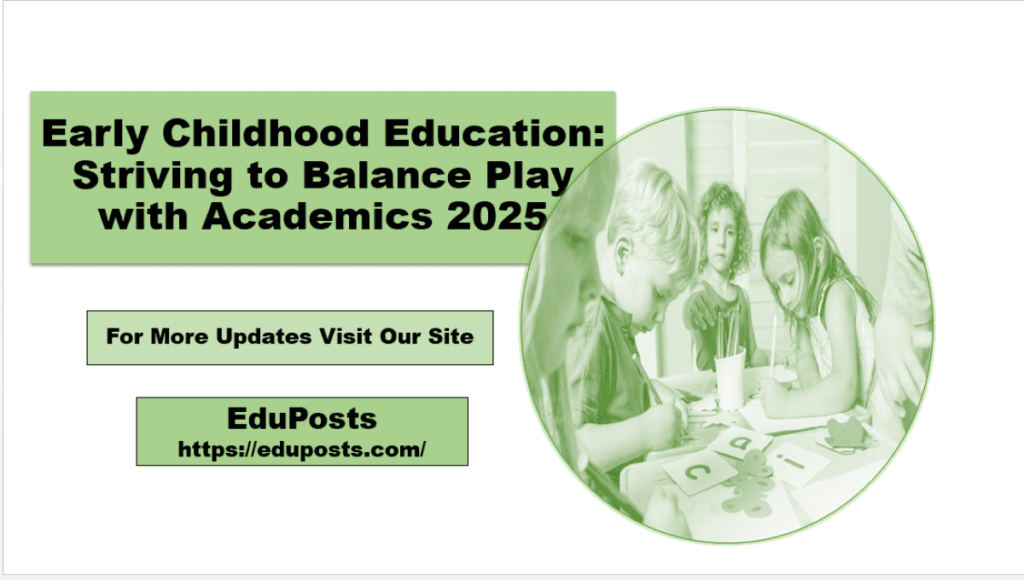Early Childhood Education educators face a difficult challenge in a field of education that is always changing: they have to foster an environment that promotes unstructured but intentional exploration. The most effective educators carefully consider each child’s individual gifts and create individualized, experiential learning opportunities that pique students’ innate curiosity.
We asked Charlene Kaplan, a lead faculty member in Concordia University-Portland’s Masterof Education program, to talk about how educators can create plans to accomplish this. Charlene Kaplan teaches seventh-grade students core literacy classes in addition to her job at Concordia.
She is a certified administrator of the MELA-O test for English language learners and has over 30 years of experience in the teaching profession. Early Childhood Education
In what ways do you need to modify your teaching methods to better reach young learners?
Allowing young children to freely explore with materials is a crucial change that early childhood education (ECE) teachers must implement. Young children can practice and develop their critical thinking abilities when they are given the opportunity to play with materials in a trial-and-error manner.
Young children’s teachers need to reconsider their methods in order to steer clear of the direct instruction that is typically saved for older pupils. Early Childhood Education
Creating intentional play opportunities to master state, federal, and program standards would be another change. The materials available for exploration are actually selected to meet specific learning standards and develop specific skills, despite the play’s seeming freedom and randomness.
How does teaching practice change depending on the student demographics?
Teachers must always meet children where they are, whether they are in early childhood education or higher education. To put it another way, educators need to be aware of the abilities—or lack thereof—that students bring to class and start building from there.
As the number of students whose first language is not English continues to rise, educators must incorporate multicultural units and resources into their curricula to make sure that every child feels respected, safe, and connected. Early Childhood Education
Astute early childhood educators frequently employ matchmaking strategies, which involve matching a child who speaks English well with a non-fluent speaker in a play scenario. After that, the fluent speaker would act as a nonthreatening role model for the English language learner, possibly imparting some vocabulary required.

How do you teach hands-on activities in an online format?
Teachers can create a playful learning environment in the classroom with a little preparation. Children can acquire specialized skills that meet standards in a very efficient manner by attending learning centers.
Children learn to count items for sale, identify coin denominations, write out simple grocery lists, match vocabulary words with items, comprehend various jobs held in grocery stores, and role-play, for example, in a typical grocery store center in an ECE setting. Many early childhood standards are met by all of those abilities.
While it can be difficult, teaching practical exercises online is not impossible. Sharing practical hands-on activities can be accomplished through the use of pictures, sketches, anecdotes, and detailed lesson plans.
What are the biggest challenges ECE teachers face today?
The lack of support that ECE teachers in public school districts face when attempting to provide their students with more than a few minutes of free play each day is one of the largest obstacles they face. Play is frequently dismissed as unnecessary
and frivolous in this standards-driven educational environment in order to make more time for academic pursuits. When attempting to convince administrators that play is one of the most important aspects of early childhood education, ECE teachers frequently encounter resistance.
The parents and guardians of young children present another difficulty for ECE teachers. Parents who want their kids to be high achievers in this cutthroat age feel that academics should be the primary focus.